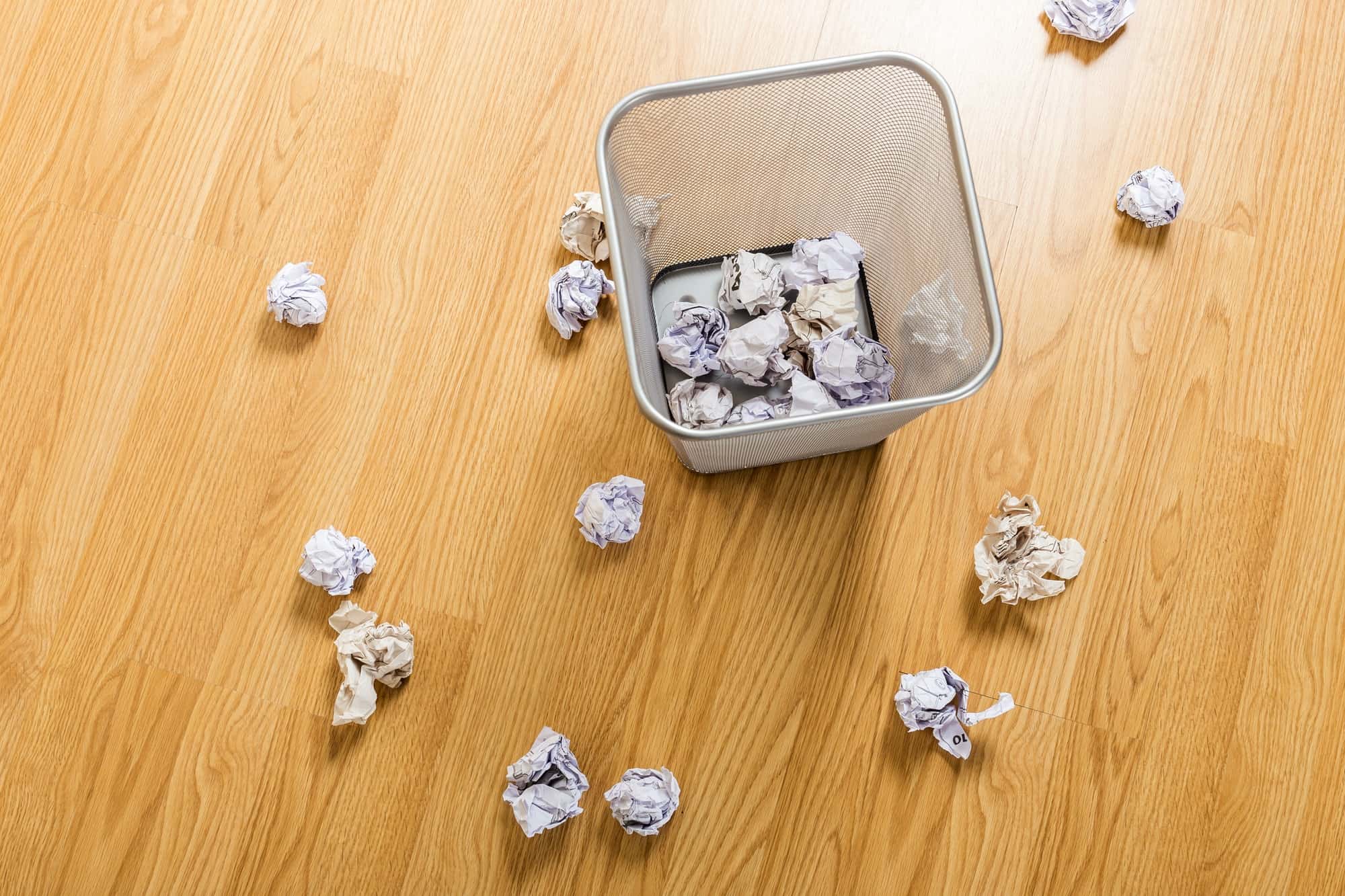It’s that time of year when people post their award consideration lists and reflect on what they’ve achieved this year. For some people, they’ve achieved a lot in a year which has been dominated by uncertainty.
Maybe you’re not feeling so successful. Maybe these posts are leaving you feeling like another year has passed and you’ve got nowhere. You haven’t sold a short story; you haven’t written a book. They might leave you feeling like a writing failure.
I’m here to tell you you’re not. I’ve suffered from these feelings as well – I work hard in the background but don’t have a lot to show from 2020. I wrote a post on the same feeling last year, but after another year of quietly working away, it’s hard not to come up with empty hands.
While I try not to wallow in self-misery too much, I have some systems in place for dealing with these emotions. I want to share these practical ways you can deal with feeling like a writing failure and make workable plans for 2021.
Be kind to yourself
First, we need to acknowledge that 2020 was completely unprecedented – job and health insecurity are difficult places to write from in the best of times. If you didn’t get the words on the page you wanted to, if you couldn’t read through the pandemic, be kind to yourself. Allow yourself to recognise that there were bigger things at play and getting through 2020 is an achievement in itself.
Focus on small wins
Take a piece of paper and write all the things you’ve done this year – no matter how small. Don’t just include writing achievements. Include those little things you’ve learned or done.
Through COVID, I learned to minimise my expectations of what I could do this year. So, keeping my spider plant and peace lily alive was an enormous achievement for me. Sounds silly, yes, but it’s an achievement. Likewise, fixing up the house and removing junk was another big one. Plus, I became an aunty. These are all worthwhile things to celebrate and recognise.
If you can, treat yourself for these small wins. Eat your favourite food. Watch a great movie. Invite friends to do the same.
Break down larger unachieved goals for 2021
If you didn’t get to that big writing project in 2020, it’s important to ask yourself why. Did mental health or time get in the way? Try to identify what prevented you from achieving this goal, accept that it’s okay you didn’t reach it, and make solid plans to get to it in 2021.
By solid plans, it’s about breaking the large goal into smaller, manageable chunks. Now this isn’t new advice, but it works for writing. If you want to write a novel, break it down into the specific parts of the writing process – researching, drafting, editing – and allocate which months you’ll be doing these things in.
If you’d like to write short stories, make a commitment to write one story per month. There’s a lot of talk in goal setting circles about making SMART goals, which doesn’t always work for creative projects (what is measurable in art?). But making them specific and achievable is important.
Get small, quick wins
Writing is a fickle industry. You can go for years without getting published, then everything happens at once. It’s important to get small, quick runs on the board so you can get the momentum you need to keep going on bigger, more unpredictable projects. These quick wins shouldn’t be reliant on someone else’s control – so usually not involving slush piles…
Some ideas include:
- Take a course or workshop in your genre
- Read a craft book and do exercises to develop your writing
- Write some non-fiction criticism or review and publish it
- Self-publish a collection of short works or a novella
Take a break
Taking time off is important at the best of times. After 2020, it’s almost a necessity. Although you might not have the luxury of being able to take a long overseas holiday, spend some time doing something for yourself, either at home or in the local area.
For me, I’ve been missing the Australian bush and national parks, so I’m going to go 4WDing with my family to switch off from the phone and restore myself. This kind of break from expectation can be so fulfilling – give yourself permission not to write, and just enjoy yourself.
Failure is hard
Feeling like a writing failure is awful – we’re never good enough, doing enough, being enough. Many of us put so much pressure on ourselves to achieve more each year. Remember that actively trying to create new pieces of art in the world is not a failure, regardless of if you got published or not.
And you’re definitely not a failure if you pick yourself up and try again.

Share your thoughts